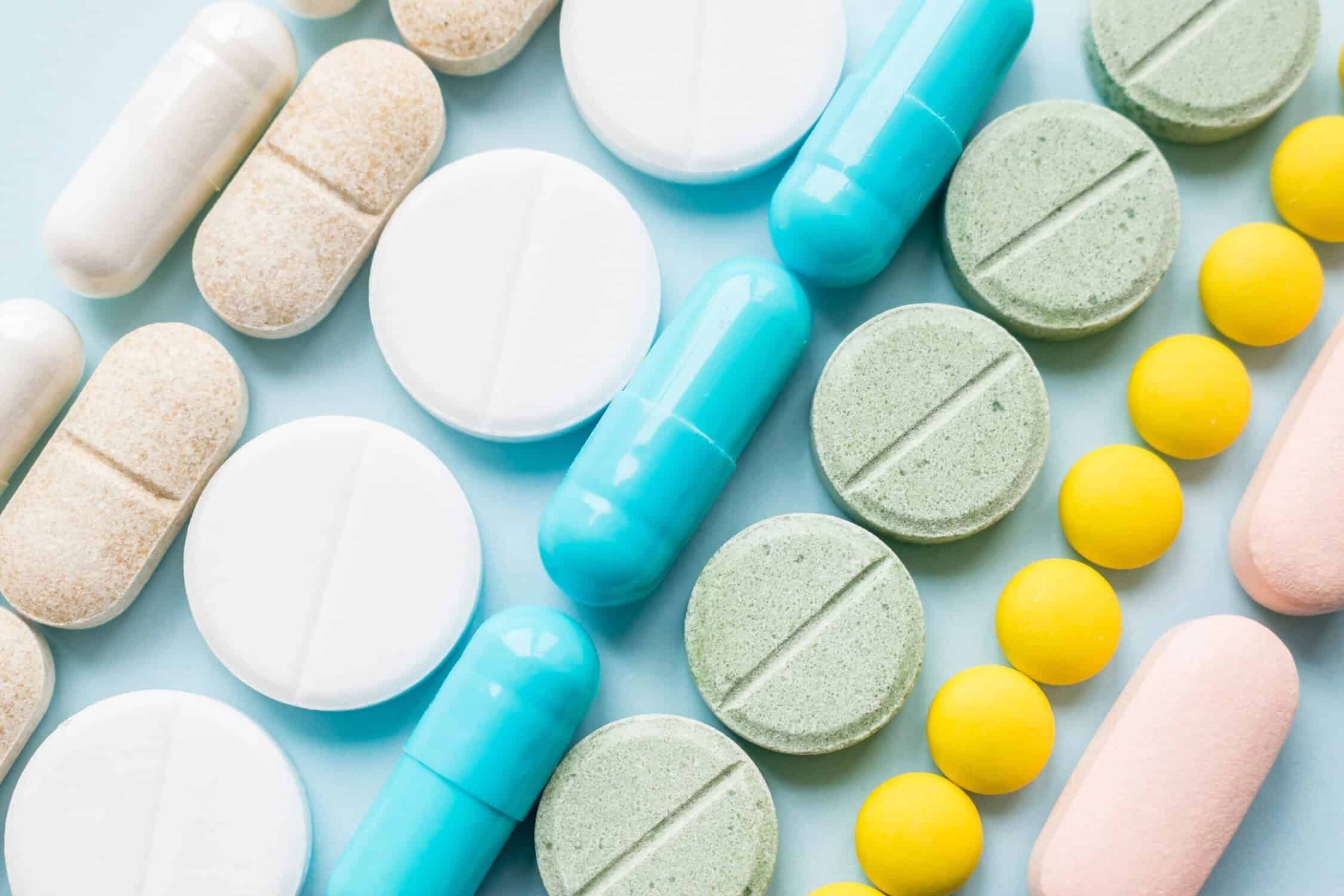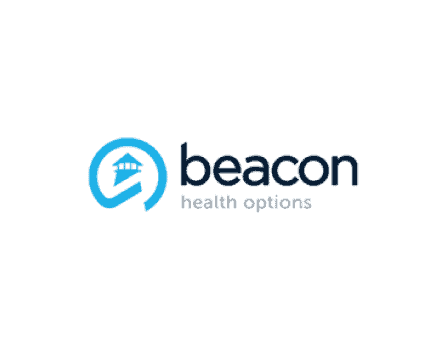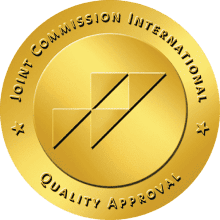Adderall Addiction Treatment Program Massachusetts
Adderall is commonly prescribed for conditions such as attention deficit hyperactivity disorder (ADHD), but as a stimulant drug, it has the potential to be highly addictive. Adderall addiction treatment requires a comprehensive approach that combines both medical and psychological interventions. Our addiction treatment center in Massachusetts is here to help you or your loved one through all stages of treatment for Adderall addiction.

What Is Adderall?
Adderall is the brand name of a common prescription medication consisting of amphetamine and dextroamphetamine. It is best known as a treatment for ADHD, but it is also used to treat narcolepsy. Adderall works by stimulating the central nervous system, which can improve focus and energy levels while reducing fidgeting and restlessness. People who take Adderall often experience a sustained attention span and increased ability to get things accomplished. However, the medication also has quite a few side effects, such as insomnia or other sleep disorders, headaches, and loss of appetite.
How Is Adderall Used?
Adderall is prescribed for oral ingestion and comes in two forms. Immediate release Adderall is available in doses of 5mg to 40mg and is typically taken 2 to 3 times per day. Extended-release Adderall is typically prescribed at 20mg per day, and a single capsule covers a 24-hour period.
Adderall is categorized as a Schedule II controlled substance. This means that even though it’s a prescription drug, it has a high potential for addictiveness. Those who take the medication exactly as prescribed by their doctor are less likely to become addicted, though it can still occur. More commonly, Adderall addiction occurs among those who take it without a prescription or who take more than is prescribed to them. This is known as a substance use disorder, or simply substance abuse.
Get Answers to Your Questions Now
Are you looking for information on addiction treatment options, or just need someone to talk to? We are here to help. The treatment specialists at Hillside Detox are available 24/7 to offer support, resources, and care for you or your loved one.
Symptoms of Adderall Addiction
Addiction to Adderall often develops gradually, beginning with misuse and eventually leading to dependence. Misuse occurs whenever the medication is taken in a way other than prescribed. This might include:
- Taking higher doses than prescribed
- Using someone else’s prescription
- Purchasing Adderall illegally
- Smoking, injecting, or snorting the drug
- Mixing Adderall with alcohol or other substances
- Using it for purposes such as staying awake, studying longer, or getting high
While Adderall can cause side effects even when taken as directed, misuse often intensifies them. Common signs of misuse may include:
- Intense irritability or anger
- Restlessness or hyperactivity
- Trouble eating or sleeping
- Elevated blood pressure or blood sugar
- Muscle weakness, pain, or tremors
- Rapid or shallow breathing
- Fast heart rate
- Symptoms of psychosis, such as hallucinations
As misuse progresses into addiction, symptoms often become more severe and harder to ignore. Signs that addiction may have developed include:
- Heightened anxiety, paranoia, or agitation
- Difficulty stopping use despite negative consequences at work, school, or in relationships
- Irregular heartbeat
- Intense cravings for Adderall
- Risk-taking or illegal behaviors to maintain access to the drug
Long-Term Effects of Adderall Abuse
Although Adderall is considered safe under medical supervision, long-term misuse can have dangerous consequences. These may include heart complications, seizures, and the development or worsening of mental health conditions such as depression or bipolar disorder. Over time, tolerance can also occur, meaning individuals need larger doses to feel the same effects. This significantly increases the risk of overdose.
Signs of Adderall Overdose
An overdose requires immediate medical attention. Warning signs may include:
- Panic attacks
- Severe nausea and vomiting
- Racing heartbeat
- High fever and blood pressure
- Agitation or extreme restlessness
- Tremors or muscle spasms
- Confusion or hallucinations
- Seizures or coma
In severe cases, an Adderall overdose can be fatal.
Adderall Withdrawal
Adderall withdrawal symptoms can occur when someone suddenly stops taking the medication. The body is forced to adjust to its absence, potentially causing a cascade of uncomfortable physical and mental symptoms. There is an increased risk of these symptoms in those who have been misusing it, as well as people who have been on it for a long time.
Withdrawal Symptoms
When a person stops taking prescription stimulants such as Adderall, they may experience withdrawal symptoms that have a mild to severe impact on physical and mental health. These include:
- Excessive daytime sleepiness or the inability to sleep at night
- Eating a lot more or less than usual
- Vivid, frightening dreams
- Depression
- Irritability
- Mood swings
- Feeling jittery or restless
- Low heart rate
- Fatigue
- Slower reflexes
- Headache
- Trouble concentrating
- Nausea, vomiting, or other gastrointestinal issues
- Craving the drug
If you or a loved one are experiencing symptoms of Adderall withdrawal, it’s important to seek professional assistance right away. Just call (781) 332-4135 to connect with our team at Hillside Detox. We’re here 24 hours a day, 7 days a week to provide you with caring, science-based support in our residential treatment facilities. Untreated Adderall addiction can greatly increase your or your loved one’s risks of overdose and even death.
Withdrawal Timeline
Stimulant withdrawal typically follows a standard timeline, though this can vary somewhat depending on how much the person used and how long they were on it.
First 2 Days
The first two days are known as the Adderall crash. It can begin as soon as several hours after the last dose, and is typically marked by extreme fatigue, depressed mood, and the physical and mental inability to do much of anything.
Days 3 to 5
This is when symptoms typically peak. Crushing fatigue, severe depression, and extreme irritability are common. Headaches, gastrointestinal symptoms, and feelings of jitteriness are generally the most pronounced at this time.
Days 5 to 7
Withdrawal symptoms normally start to resolve by the end of the first week. Many people describe feeling washed out or hung over, but the worst of the symptoms generally come to an end. However, those who were on Adderall for ADHD may find that the disorder comes back worse than it was before. This rebound effect is common among people who quit taking needed stimulant medications.
Weeks 2 to 4
By this point, lingering Adderall withdrawal symptoms should drastically diminish. Rebound ADHD may remain, along with any depressive symptoms that were triggered by the withdrawal. Professional support from a reputable treatment center can help make the withdrawal process less intense while providing the resources needed to resolve any lingering effects and move forward in a healthier way.
Adderall Addiction Treatment Program in Massachusetts
Inpatient treatment for stimulant addiction, including Adderall, often begins with a supervised detox. At our Massachusetts facility, we provide 24/7 medical support to help clients withdraw safely and comfortably. However, detox alone is not enough. Lasting recovery requires addressing the deeper social, behavioral, and psychological factors that contribute to addiction.
That’s why our Adderall treatment program includes a continuum of care designed to meet each person’s needs:
Inpatient Rehab
Our residential program offers a highly structured environment where clients receive daily therapy, peer support, and relapse-prevention strategies. This level of care is ideal for individuals who need intensive support and a safe, distraction-free setting to begin their recovery.
Medication-Assisted Treatment (MAT)
When appropriate, FDA-approved medications may be used alongside counseling and behavioral therapies to reduce cravings and stabilize recovery. Medication-assisted treatment is always combined with therapy to address the mental and emotional aspects of addiction.
Mental Health Treatment
Because stimulant addiction often co-occurs with conditions like anxiety or depression, some clinicians provide integrated treatment. Evidence-based approaches such as cognitive behavioral therapy (CBT) and trauma-informed care help clients address the root causes of addiction while managing mental health symptoms.
Outpatient Treatment
For clients who are ready to step down from inpatient care or those needing more flexibility, outpatient treatment offers structure and accountability while allowing them to live at home. This approach helps individuals transition smoothly back into daily life while maintaining support.
Aftercare Planning
Recovery does not end with detox or inpatient rehab. Some teams develops personalized aftercare plans that may include ongoing therapy, alumni programs, and relapse-prevention resources to support long-term success.
Sober Living Options
For individuals who benefit from extra support before transitioning to full independence, sober living provides safe, structured housing with accountability. This environment reinforces recovery while encouraging healthy daily routines.
Family Support Services
Addiction impacts more than just the individual. Family support services include counseling, education, and guidance to help loved ones heal together and learn effective ways to provide ongoing encouragement in recovery.
At Hillside Detox, we treat the whole person, not just the symptoms of addiction. Our goal is to provide the tools, support, and evidence-based care needed to achieve lasting recovery.
Let Hillside Detox's Inpatient Treatment Help with Your Adderall Addiction
If you or someone you love are struggling with Adderall abuse or dependence, Hillside Detox is here to help. We offer the compassionate, evidence-based, individualized Adderall addiction inpatient treatment program you need to live a happier, healthier life. Please give us a call at (781) 332-4135 to learn more about our addiction treatment programs and discuss treatment options. Reaching out is the first, and often hardest, step. But we are here to support you every step of the way.
Sources
MedlinePlus. (2025, June 30). Dextroamphetamine and amphetamine: Drug information. U.S. National Library of Medicine. Retrieved September 28, 2025, from https://medlineplus.gov/druginfo/meds/a601234.html
Most Insurance Plans Accepted






Medical Reviewer
Verify Your Insurance
"*" indicates required fields
World Class Amenities
- Cell phones allowed
- Gym and fitness center
- Onsite spa services
- Entertainment theater
- Recreation room
- Support animal friendly
Ready to Get Help?
We have helped countless individuals empower themselves to recover and get the substance use and mental health treatment they need. Know that you’re not alone in this, we are here to help.

We Are Here to Help
Contact us through the confidential form below for assistance on how to find Alcohol Detox, Alcohol Rehab, and a Drug Addiction Treatment Center in Massachusetts.
"*" indicates required fields
